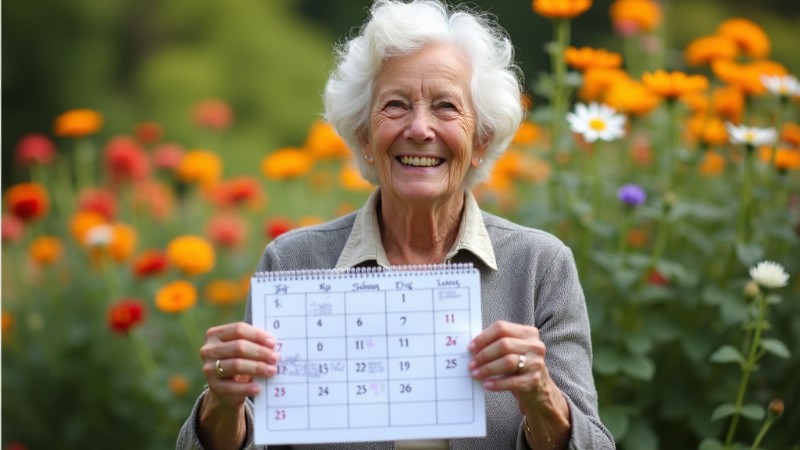Loneliness, often termed as a silent epidemic, affects people across different life stages. It follows a U-shaped curve, peaking in early adulthood, dipping in middle age, and rising again in later years. Understanding loneliness, especially in older adults, is crucial for developing effective interventions to counter its effects on mental and physical health.
Loneliness: a growing health crisis
Research by Northwestern Medicine, published in Psychological Science, analyzed nine longitudinal studies from around the world. The findings showed a consistent trend of loneliness among older adults.
Those most affected were often women, more isolated, had lower education and income levels, and were more likely to be divorced or widowed. These factors, along with poor cognitive, physical, or mental health, intensify feelings of loneliness, highlighting the need for targeted solutions.
The impact of loneliness is profound. The U.S. Surgeon General warns that the health risks of loneliness are similar to daily smoking, raising the risk of early death. The study suggests that addressing loneliness during regular health check-ups could help identify those at risk early and introduce preventive measures.
Reducing loneliness through mindfulness
In response to these findings, integrating mindfulness and meditation into the routines of older adults offers a promising approach to reducing loneliness and improving overall well-being.
Mindfulness, in particular, has been recognized for its ability to enhance mental clarity and emotional resilience. Research from the National Institute on Aging indicates that regular mindfulness practice can lead to positive changes in the aging brain, benefiting memory and executive function.
The cognitive advantages of mindfulness include improved memory retention and better attention span, allowing seniors to focus on tasks and ignore distractions more effectively. These cognitive benefits, combined with the emotional benefits—such as reduced anxiety and depression—make mindfulness a significant tool in combating loneliness in older age.
Mindfulness also addresses the stress that comes with aging. Studies show that techniques like breath work and meditative movements can significantly reduce stress, anxiety, and depression, leading to a more peaceful and fulfilled life. By fostering self-awareness, acceptance, and compassion, mindfulness helps seniors build resilience, aiding them in managing the challenges of aging more effectively.
AI companions in senior care
Alongside mindfulness, technology plays a vital role in alleviating loneliness among older adults. An example is Robin the Robot, an AI-powered caregiver at Owen Valley Rehabilitation and Healthcare Center in Indiana.
Robin, who stands nearly four feet tall, offers social interaction to patients, especially those with Alzheimer’s and dementia, helping to ease loneliness and boost cognitive function. Robin’s ability to remember patient details and engage in meaningful conversations makes her a valuable companion in healthcare settings.
Cathy Jo Parker, who leads the Owen Valley Rehabilitation and Healthcare Center, mentions that Robin’s visits foster a personal connection with the residents, much like the affection between grandparents and grandchildren. Such emotional ties are vital in long-term care settings, where social interaction can be scarce.
The use of Robin the Robot highlights a broader trend in healthcare, where assistive technologies are used to address the shortage of care providers and improve patient care. Developers at Expper Technologies aim to expand Robin’s capabilities to include medical functions like monitoring vital signs, further integrating AI into healthcare.
Nonetheless, technology alone cannot solve loneliness. A comprehensive approach that combines mindfulness practices, technological innovations, and social interventions is essential. By fostering connections, whether through human interaction or AI companions, and promoting mental and emotional well-being through mindfulness, we can support older adults in leading fulfilling lives.
As society continues to face the challenges of aging, it is vital to understand the complex nature of loneliness and the need for diverse strategies to combat it. By embracing both traditional and modern methods, we can ensure that the later years of life are characterized by rich connections and a sense of well-being that transcends aging challenges.














